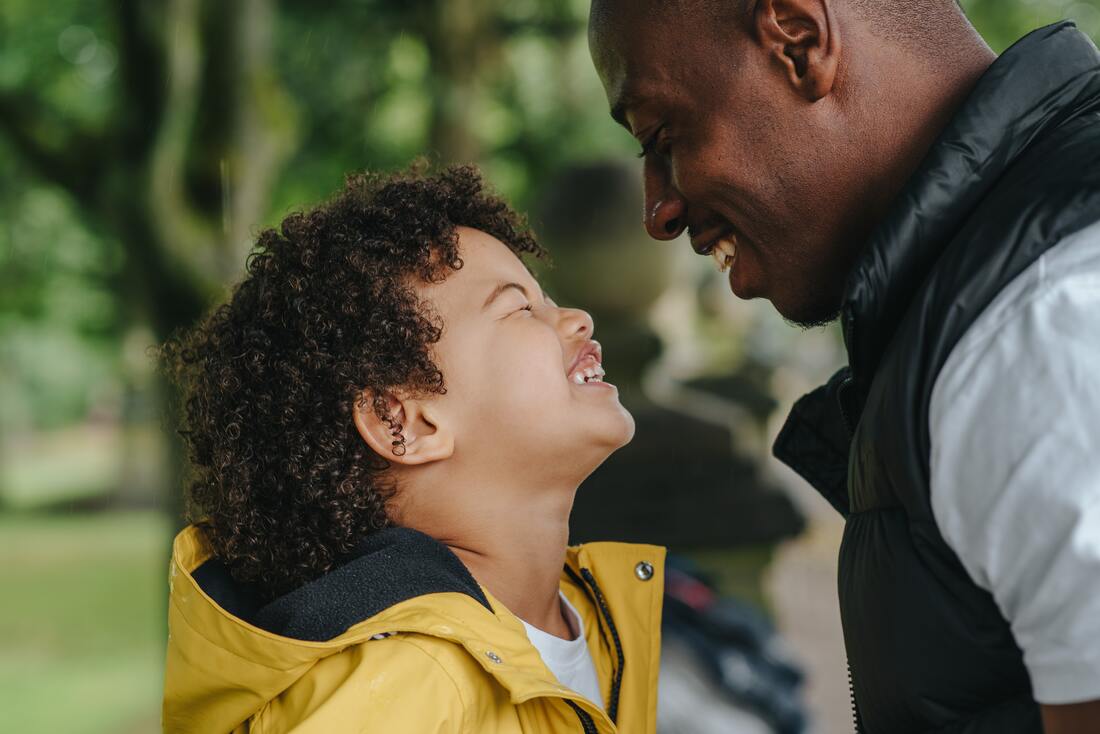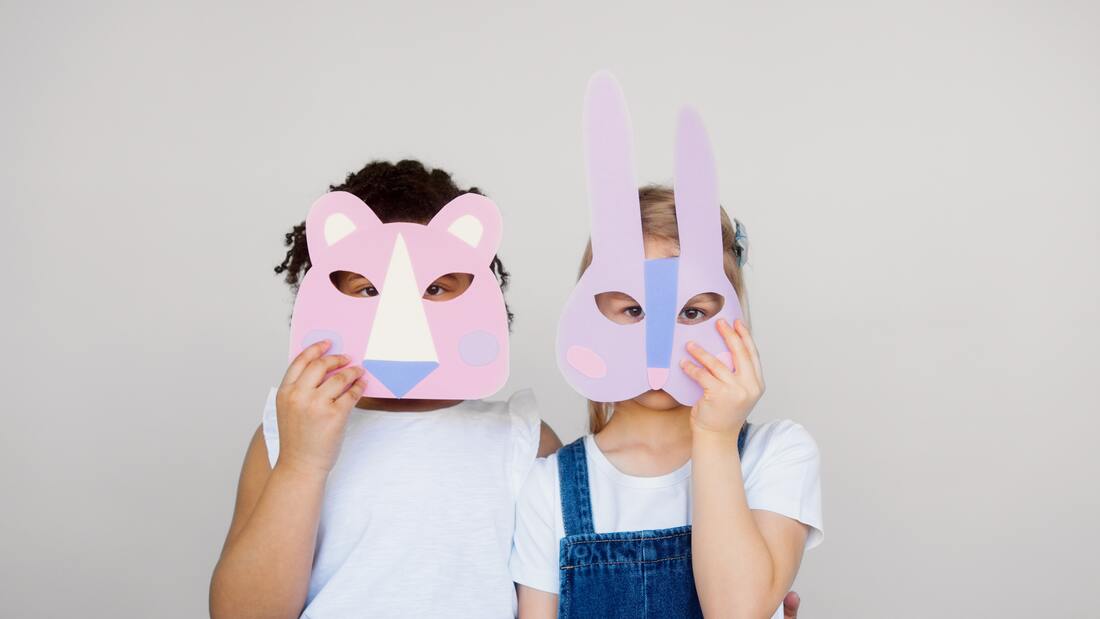Self-care isn't just for adults. Kids benefit from seeing your healthy self-care practices and having some of their own. There are many ways to help children develop self-care habits that will serve them well both now and in the future. Here are some considerations as your child explores self-care, presented by Dole Academy.
Set a Good Example
Just as they can pick up on good vibes, kids can also pick up on the stress and anxiety of the adults in their life. That's why it's important for you to practice healthy self-care in front of your kids, especially if you're a business owner. It's often easy to spend so much time and energy on building your business that you experience burnout.
To help prevent this, take proactive steps like scheduling regular time off and committing to keeping work and home as separate as possible. There are also other ways to make your days more manageable, such as taking on larger projects in the first half of your workday and outsourcing tasks that take up a significant portion of your time.
Discuss Self-Care
Though self-care is great for children of all ages, the concept may be harder for certain kids to grasp than others. Explain to them that self-care is a way to keep yourself mentally and physically healthy by taking time to prioritize yourself and your needs. Explain that self-care can come in many different forms, from diet and exercise to ensuring that your home stays clean and decluttered. Also, let them know that putting their well-being first can help them be a better teammate, friend, student, and all-around person.
Practice Gratitude Together for Self-Care
A simple self-care exercise to guide your kids through is having them write down one person, place, or object they are thankful for or one good thing that happened to them each day. Save all of these notes in a special journal or safe place and then reread them at the end of the week, month, or year to help your child cultivate a more positive, grateful
attitude.
Follow a Self-Care Routine
Your kids' self-care routine might end up being very similar to or very different from yours, and that's okay. Just like you, your kids need the freedom to explore what practices work for them in a safe, supportive environment.
One way to start your children on their self-care journey is by setting and following clear routines in their days as naturally as possible. For example, encourage them to spend 30 minutes after school each day debriefing in their room with a low-stress activity, such as coloring or reading a book for fun. Self-care for kids can also take the form of giving them permission to indulge in certain activities, such as watching an extra episode of their favorite show at the end of every school week.
Also, it goes without saying that pets are just about the best form of self-care out there. So another great routine to model for your children has to do with keeping your pets healthy. In addition to the daily care that your pet receives, it’s always a good idea to check product reviews before bringing new products into the home, and this is a great way to teach your children how to plan ahead and be responsible in order to keep their furry friends safe.
Start Them Young
It's never too early to introduce and model self-care to your kids. Prioritizing balance, gratitude, and fun is key to living a healthy, fulfilling life at any age.
Dole Academy is your partner in education. Call 844-365-3222.
Set a Good Example
Just as they can pick up on good vibes, kids can also pick up on the stress and anxiety of the adults in their life. That's why it's important for you to practice healthy self-care in front of your kids, especially if you're a business owner. It's often easy to spend so much time and energy on building your business that you experience burnout.
To help prevent this, take proactive steps like scheduling regular time off and committing to keeping work and home as separate as possible. There are also other ways to make your days more manageable, such as taking on larger projects in the first half of your workday and outsourcing tasks that take up a significant portion of your time.
Discuss Self-Care
Though self-care is great for children of all ages, the concept may be harder for certain kids to grasp than others. Explain to them that self-care is a way to keep yourself mentally and physically healthy by taking time to prioritize yourself and your needs. Explain that self-care can come in many different forms, from diet and exercise to ensuring that your home stays clean and decluttered. Also, let them know that putting their well-being first can help them be a better teammate, friend, student, and all-around person.
Practice Gratitude Together for Self-Care
A simple self-care exercise to guide your kids through is having them write down one person, place, or object they are thankful for or one good thing that happened to them each day. Save all of these notes in a special journal or safe place and then reread them at the end of the week, month, or year to help your child cultivate a more positive, grateful
attitude.
Follow a Self-Care Routine
Your kids' self-care routine might end up being very similar to or very different from yours, and that's okay. Just like you, your kids need the freedom to explore what practices work for them in a safe, supportive environment.
One way to start your children on their self-care journey is by setting and following clear routines in their days as naturally as possible. For example, encourage them to spend 30 minutes after school each day debriefing in their room with a low-stress activity, such as coloring or reading a book for fun. Self-care for kids can also take the form of giving them permission to indulge in certain activities, such as watching an extra episode of their favorite show at the end of every school week.
Also, it goes without saying that pets are just about the best form of self-care out there. So another great routine to model for your children has to do with keeping your pets healthy. In addition to the daily care that your pet receives, it’s always a good idea to check product reviews before bringing new products into the home, and this is a great way to teach your children how to plan ahead and be responsible in order to keep their furry friends safe.
Start Them Young
It's never too early to introduce and model self-care to your kids. Prioritizing balance, gratitude, and fun is key to living a healthy, fulfilling life at any age.
Dole Academy is your partner in education. Call 844-365-3222.


